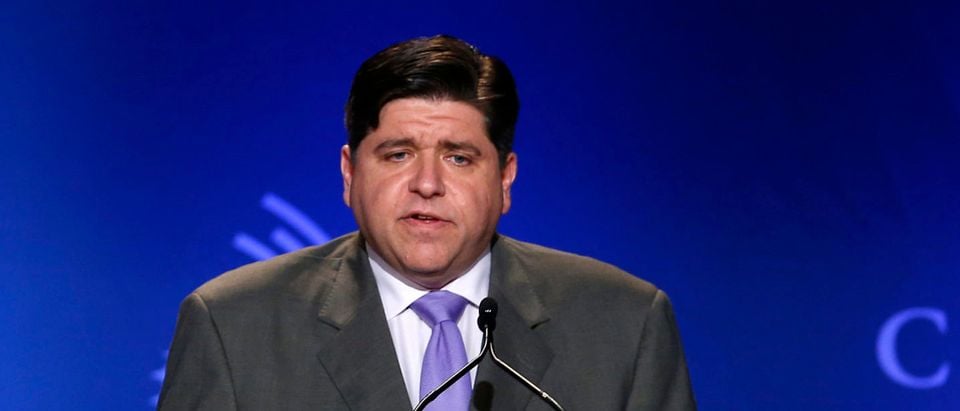“Hotspot” is a word that has gained new meaning these past four weeks. Early predictions that February had brought us simply another seasonal flu of the “coronavirus” type quickly gave way to the harsh reality that the United States, as with democracies and totalitarian regimes alike across the globe, is going to be fighting this virus for quite some time to come. Residents from virus “hotspots” like New York City and New Orleans are being “blacklisted” from travelling into less-affected areas of the country. Even states in America’s heartland, such as Illinois, are emerging as viral hotspots.
People everywhere are struggling. The unemployment numbers have skyrocketed. You know things are bad when the ink barely has dried on the presidential signature for a $2 trillion spending bill, and already even Republican senators are entertaining talk of yet another spending bill to come.
We now are approaching the middle of April, when many experts predict the number of COVID-19 cases will peak. And yet, at this very time — before hardly any of the federal stimulus money has been mailed from the U.S. Treasury to millions of families that live paycheck-to-paycheck — families in parts of the country may be facing higher utility bills not caused by weather, but by legislatively-permitted rate hikes.
Maintaining livable conditions, which is dependent on adequate and constant electrical power for homes, businesses and hospitals, is essential for the success of both mandated and voluntary quarantine efforts. Even during “normal” times, people on ventilators have died because of power shutoffs following their inability to keep current their utility bills. Some states have been getting ahead of utility billing issues by mandating holds on utility disconnects and late fees. However, other states have run into problems that could raise state-wide rates, right at a time when our most vulnerable citizens need a break. Consider, for example, the Clean Energy Jobs Act (CEJA) pending before the Illinois legislature.
CEJA is designed to reform the energy market in Illinois to make it more responsive to the need for “green” energy. But what appears to have happened is that specific objectionable provisions within the bill were written in a way that will allow Exelon, a major energy company in the state, to increase electric capacity prices by over $414 million. Such a move will inevitably hurt taxpayers — likely to a significant degree. The timing for such a development in the middle of a pandemic could not be worse.
There have been conflicting reports about the impact of legislation. The Chicago Sun Times Editorial Board, for example, recently published an article claiming CEJA would lower rates, and urged the legislature to pass it as soon as possible. Not surprisingly, the editorial board’s view fits the perspective supported by Exelon. It appears, however, that the data on which the newspaper based its editorial recommendation is inaccurate; with an independent analysis concluding that proposed changes would actually increase rates.
This should hardly come as a surprise. The FBI and SEC already are looking into Exelon’s past lobbying efforts in support of rate hikes, and it is highly doubtful the status quo has changed this time around. The company has a relatively successful track record for obtaining rate increases, and given the current estimates from independent analysts, it is likely this bill will bring about the same costly results for consumers.
Considering the unprecedented struggles families are now facing, and with communities riding out a storm that could remain devastating for months to come, utility rate hikes are another blow many Americans cannot afford. As homeowners and businesses alike make do in this challenging environment, representatives at all levels in government have a special responsibility to protect citizens against unnecessary hikes in regulated industries that are essential to individual and community well-being.
Late last month, Attorney General Bill Barr announced a crackdown on price gouging and hoarding of essential medical supplies during this pandemic. It would be ironic indeed if state lawmakers, like those in Illinois, decide to give the green light for utility companies to do lawfully to American households and businesses what the Trump Administration is trying nationally to prevent.
Bob Barr represented Georgia’s 7th District in the U.S. House of Representatives from 1995 to 2003. He now serves as President of the Law Enforcement Education Foundation based in Atlanta, Georgia.


